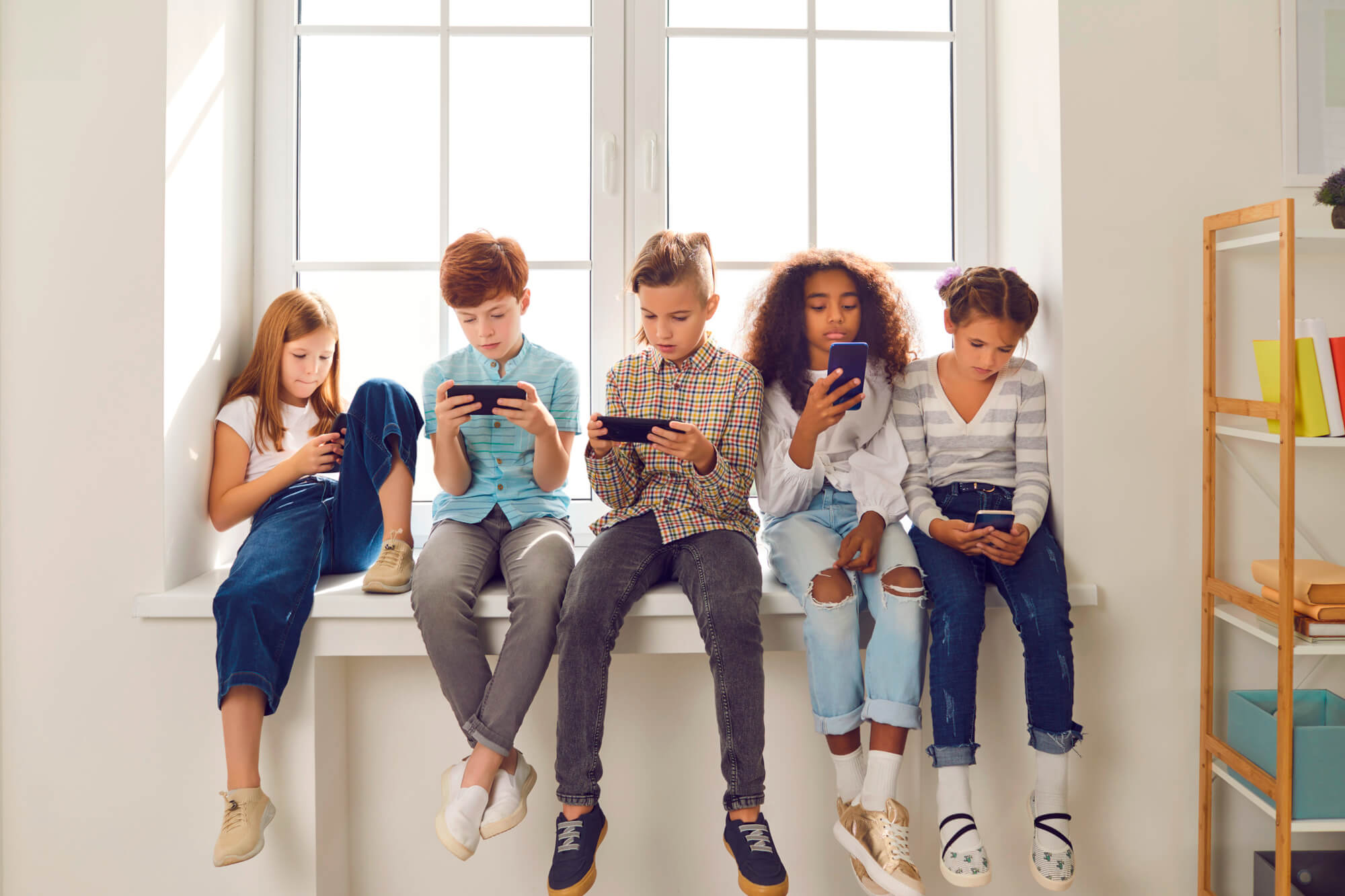Should smartphones be banned for those under 16?

Conservative MP and former teacher Marian Cates recently posed the following question to the Prime Minster at PM questions:
'This morning, the press reported the tragic case of a 14-year-old girl who took her own life following horrific social media bullying, including on TikTok and Snapchat.'
'Since 2010, across the English-speaking world, there's been a marked increase in poor teen mental health, teen suicide attempts and children addicted to pornography.'
'The United Kingdom has a strong tradition of legislating to protect children from serious threats to their safety and welfare.'
'So does my right honourable friend agree with me that it's time to consider banning social media and perhaps even smartphones for under 16s?'
Ms Cates appeared to reference the case of Mia Janin, a 14-year-old who is believed to have killed herself.
Whilst politicians' debate such a thorny issue, it’s important to seek the views of academics and experts who are dealing with the consequences technology is placing on our young people, including the increase in youth suicide.
Clinical psychologist Francisco Villar has centred on supporting families with children under the age of 18 who have grappled with suicidal thoughts or attempts for the last decade. Despite numerous initiatives like suicide prevention plans, hotlines, and survivor associations, the distressing truth remains: the prevalence of suicidal behaviour among minors is alarmingly on the rise. As the coordinator of the Care Program for Suicidal Behaviour in Minors at a Barcelona hospital, Villar has witnessed a staggering increase in episodes of suicidal behaviour, from 250 in 2014 to 1,000 in 2022. While various factors contribute to this trend, one insidious culprit stands out: screens.
Villar states that screens didn't invent suicide, nor can they be solely blamed for its existence. However, he believes that their proliferation, particularly during childhood and adolescence, correlates with a surge in mental health challenges. Cyberbullying, exposure to violence, and the loss of life-coping skills are among the issues exacerbated by excessive screen time, both the use of mobile technology and game consoles. Villar believes that screens not only rob young people of essential coping mechanisms but also foster a passive attitude towards life, devoid of meaningful experiences and personal agency.
Further research also highlights the detrimental impact of screens on youth mental health. Studies like "Increases in Depressive Symptoms, Suicide-Related Outcomes, and Suicide Rates Among US Adolescents After 2010" and "Global Lifetime and 12-Month Prevalence of Suicidal Behaviour in Children and Adolescents between 1989 and 2018: A Meta-Analysis" highlight a concerning uptick in suicidal ideation and behaviour, particularly among adolescents immersed in screen culture.
Yet, the allure of screens, be they on mobile phones, game consoles or access to computer technology, persists, fuelled by the notion that they are indispensable tools for success and socialisation. However, childhood and adolescence are critical periods for skill development, where internal resources outweigh external aids. These devices not only impede cognitive and social development but also contribute to sedentary behaviours, leading to obesity and poor health outcomes.
The key question is, do people making policy truly understand the issues that young face every day?
As responsible adults, we must confront the uncomfortable truth: screens are not benign distractions but potent agents shaping young minds. The reluctance to acknowledge their adverse effects perpetuates a cycle of harm, leaving our youth vulnerable to mental health crises.
Addressing this crisis requires bold action. I advocate for stringent regulations on screen use, including delaying smartphone access until age 16 and limiting screen time to no more than half an hour daily for children aged six and older. Additionally, screens should be prohibited before bedtime and during mealtimes to foster healthy habits and promote family interaction.
Ultimately, safeguarding childhood and adolescent well-being demands a collective effort. We must challenge the narrative that technology and access to instant information and interaction are indispensable and prioritise the holistic development of our youth. By reevaluating our relationship with screens, we can create a healthier environment where young people thrive mentally, emotionally, and socially. It's time to reclaim childhood from the grasp of technology and empower our youth to navigate life's challenges with resilience and purpose.
So, the prime minister's response to Marian Cate, saying she was:
'absolutely right to highlight the impact of what happens online to our children -and that's why our Online Safety Act tackles both criminal activity online and protects children from harmful or inappropriate content such as bullying or the promotion of self-harm and accessing pornography and also exposure to eating disorders'.
Was this robust enough?
Not really!
Sara Spinks
SSS Author & Former Headteacher
5 February 2024